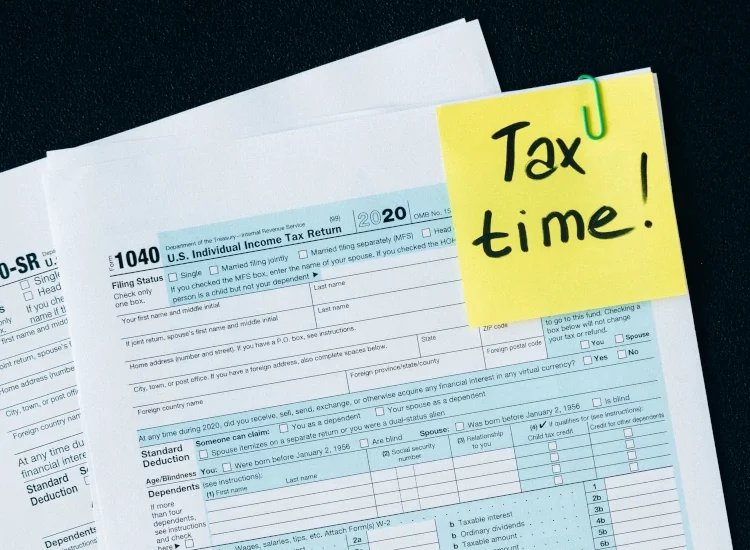The world of cryptocurrency taxation is intricate. As digital assets, cryptocurrencies operate differently from traditional currencies. Consequently, their taxation can be puzzling. This article delves into the essentials of cryptocurrency taxation, helping you unravel its complexities.
How Cryptocurrencies are Taxed
Firstly, it’s vital to understand that cryptocurrencies are typically viewed as property by tax authorities. For instance, in the United States, the IRS treats them as such. This treatment means that, like real estate, cryptocurrencies are subject to capital gains tax.
Here’s how it works. When you buy cryptocurrency, you establish a cost basis – essentially what you paid for it. When you later sell it, you either make a profit or incur a loss based on the difference between the selling price and the cost basis.
However, cryptocurrency taxation isn’t just about selling. You also incur taxes when trading one cryptocurrency for another, using crypto to purchase goods or services, or even receiving it as income.
In contrast, some countries categorize cryptocurrency differently. For example, Germany regards them as private money. It’s imperative to be familiar with the laws in your jurisdiction.
Record-Keeping: A Must for Cryptocurrency Holders
Maintaining detailed records is critical for anyone involved in cryptocurrency. Because of the decentralized nature of cryptocurrencies, you must take responsibility for tracking your transactions.
Keep records of transaction dates, values, amounts, and fees involved. Moreover, save any additional information that may be relevant for tax reporting. Utilizing a cryptocurrency tax software can simplify this process immensely.
Navigating Tax Events
Different cryptocurrency transactions trigger different tax events. Let’s explore the most common ones.
Capital Gains and Losses
As mentioned, selling crypto can result in capital gains or losses. Long-term capital gains arise from assets held for over a year, while short-term gains pertain to assets held for less time. Often, long-term gains have more favorable tax rates.
Crypto-to-Crypto Trades
Trading one cryptocurrency for another is a taxable event. Even if you don’t convert it back to fiat currency, you must calculate and report the gain or loss.
Earning Cryptocurrency
Earning crypto, whether through mining, staking, or as payment, counts as income. This income is typically taxed at ordinary income tax rates.
Spending Crypto
Using cryptocurrency to buy goods or services is also a taxable event. The gain or loss compared to your cost basis must be reported.
Airdrops and Forks
Airdrops and forks can be tricky. The IRS, for example, treats new coins received through airdrops and forks as income at the fair market value of the coins on the day received.
Deductions and Losses
Navigating deductions is essential. If you’re a cryptocurrency trader or miner operating as a business, you might be eligible for tax deductions on expenses like hardware or electricity. Additionally, if your crypto investments didn’t perform well, reporting losses can often offset other gains or income.
International Considerations
For those who engage in transactions across borders, international cryptocurrency taxation can become very convoluted. Different countries have varying regulations, and failure to comply can result in severe penalties. It’s crucial to understand the tax laws not only in your country but in any country you’re conducting transactions.
Future of Cryptocurrency Taxation
The cryptocurrency tax landscape is evolving. As crypto gains prominence, regulatory bodies worldwide are working towards more definitive legislation. It’s paramount to stay updated with the latest changes in cryptocurrency taxation to remain compliant.
Conclusion
Cryptocurrency taxation is an intricate domain, replete with nuances and complexities. Whether you’re an investor, trader, or miner, understanding the tax implications of your activities is crucial. Proper record-keeping, awareness of taxable events, and familiarity with international considerations are key to navigating this landscape. As the world of crypto continues to evolve, staying informed and seeking professional advice can ensure you’re prepared for the ever-changing tides of cryptocurrency taxation.
